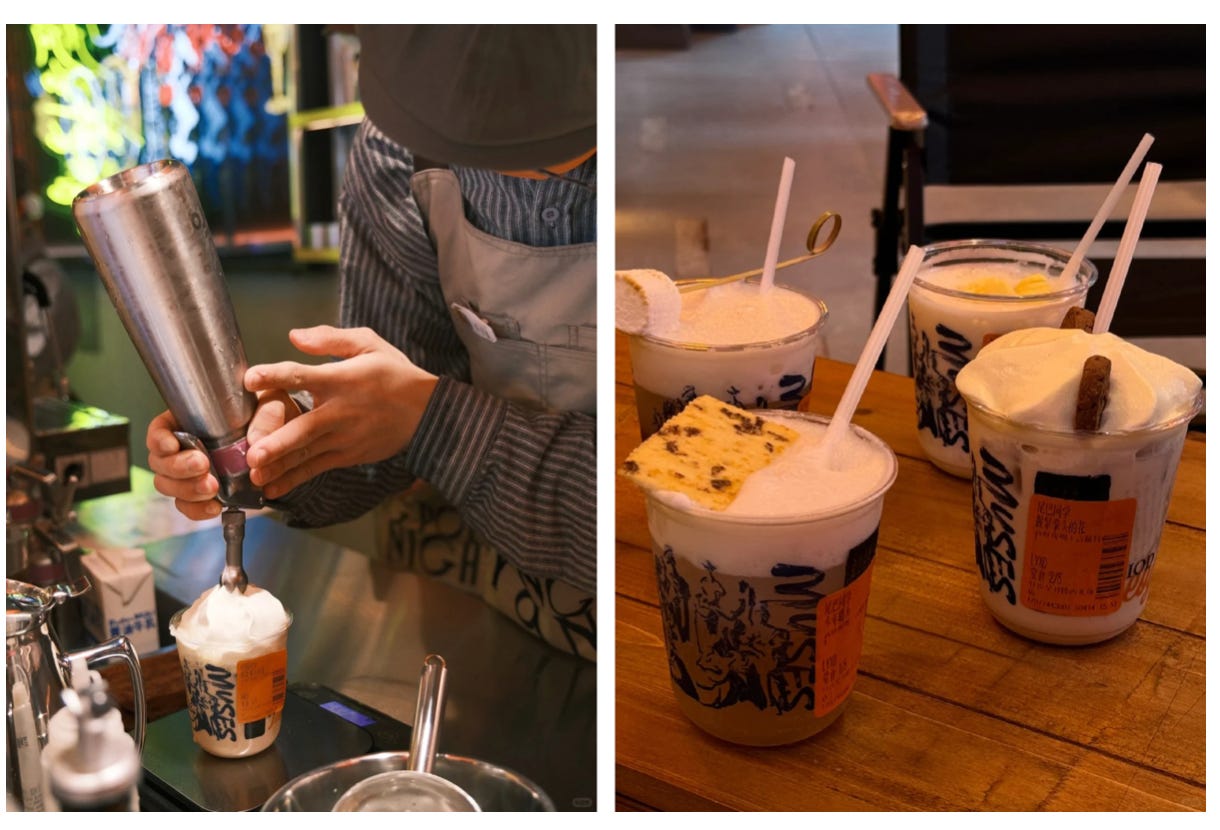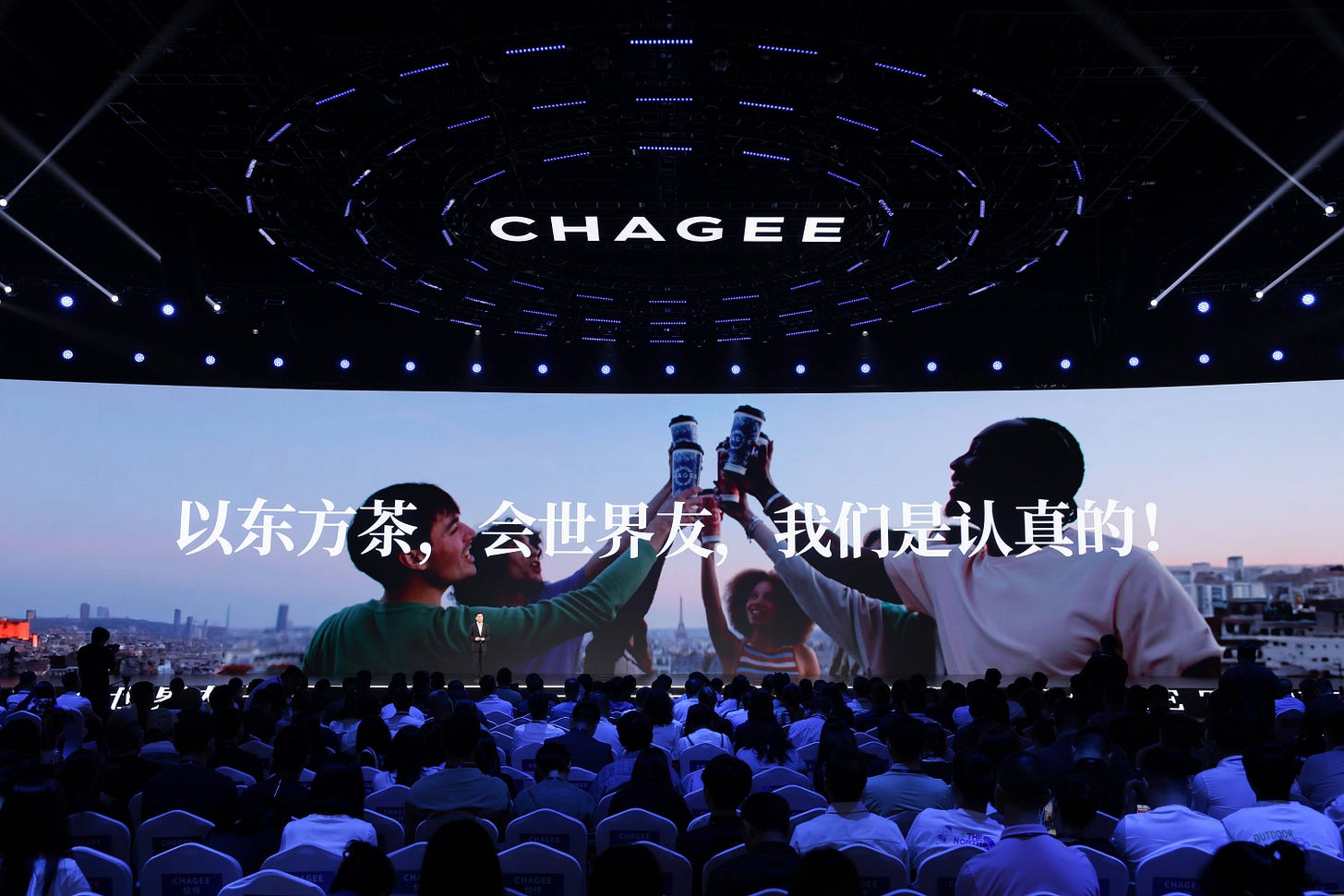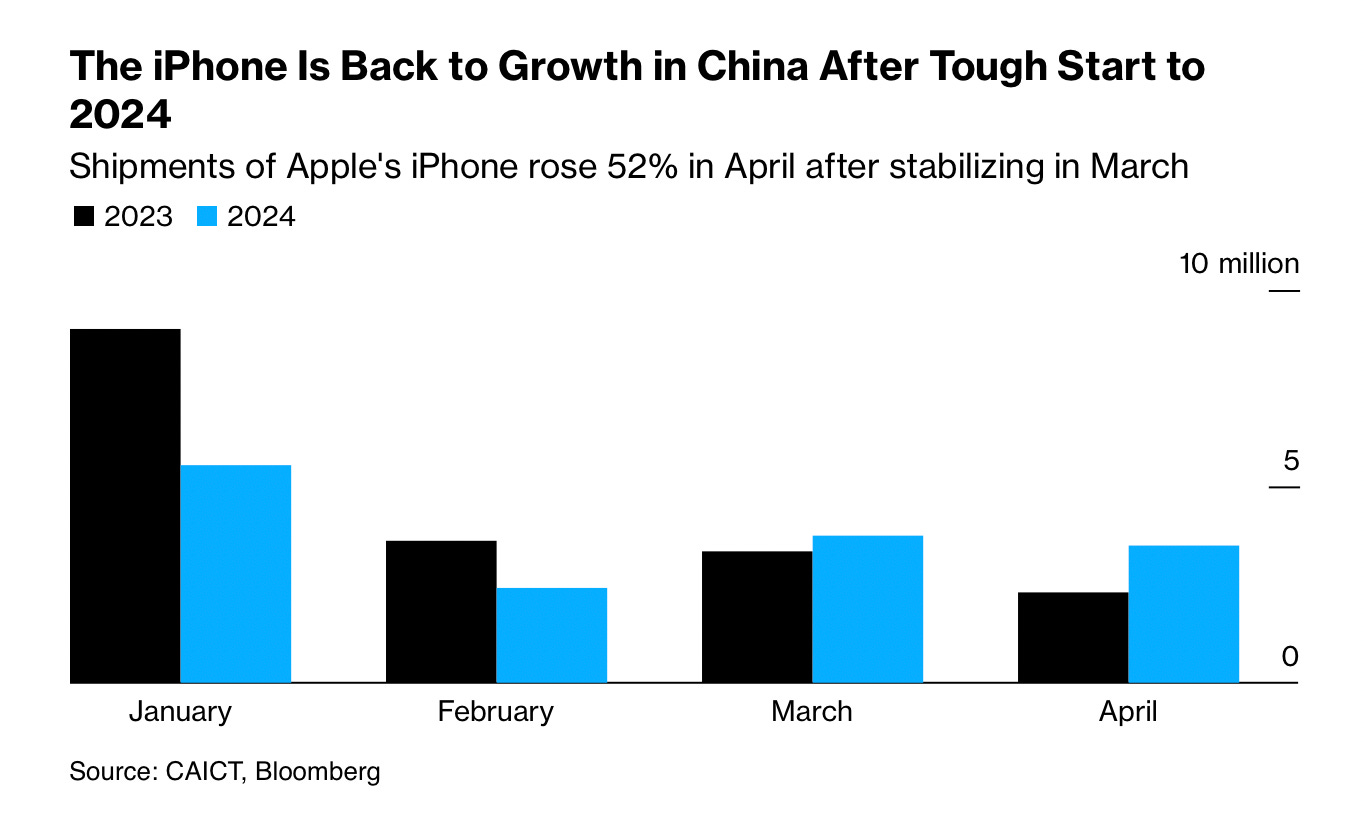A few things on my radar #3
EVs; Food & Beverage, Tech and Sports & Entertainment
Featured Story — Electric Vehicles
Yueting Jia (YT, 贾跃亭), a serial entrepreneur who owes huge debt in China, plans to help Chinese EVs sell in the US
After accruing huge debt, YT fled to the US in 2017 to evade legal repercussions in China while seeking to turn things around through the Faraday Future (FF) project.
FF is an EV brand targeting the luxury sector, aiming to challenge conventional luxury auto brands such as Ferrari and Maybach. In 2021, the company launched on Nasdaq.
In Dec 2023, internal whistleblowers claimed the company had deceived investors with false data in their early sales. As of 2023, FF claimed to have sold four and leased six vehicles.
YT began creating content on Douyin, the Chinese version of TikTok, in April 2024. In his videos, he hinted at a possible return to China and made a commitment to settle all domestic debts one day. As of now, he has an impressive following of 1.5 million on Douyin.
In May 2024, following Biden's recent decision to increase tariffs on Chinese EVs, he introduced the China-America Automotive Bridge Plan. This initiative encourages Chinese car companies to bring their technology and capital to the US for local mass production. In the end, these vehicles will then be marketed under the FF brand.
Like Lei Jun (雷军), founder of Xiaomi, YT also ventured into the EVs industry after a stint in the mobile phone business. However, there's a stark contrast in their journeys. Lei managed to debut EVs within 3 years, garnering a whopping 100,000 confirmed orders, whereas YT, despite being in the EVs sector for 11 years, has only managed to sell 10.
YT's resilience and narrative abilities are indeed commendable. Even amidst difficulties in building his own car, challenging Sino-US relations, and less favorable perceptions in China, he effectively navigates a unique position between the two nations.
Nevertheless, there are those who remain skeptical of YT's intentions, suggesting, "he's merely interested in securing more funds." Admittedly, I am also uncertain if the vision he's laid out can truly materialize, especially given his poor track record.
It’s clear YT is trying to save his reputation with this new venture but the question remains as to whether he can make it or not.
Food & Beverage
In April, Sexy Tea, a milk tea company originating from Changsha, expanded into the bistro industry with its fourth sub-brand.— “昼夜诗酒茶” (Enjoying Liquor, Tea and Poem Day & Night)

Sexy Tea has been popular since 2017 because of its distinct flavor. Unlike others in the industry who commonly use non-dairy creamer, Sexy Tea brews these drinks with real tea leaves, highlighting the tea's freshness.
To stay competitive, Sexy Tea has gradually launched a series of sub-brands since 2022, each with a different product focus, including hand-brewed tea, coffee, alcohols, and lemon tea. This strategy has helped them reach different customer segments while exploring the potential synergies between various beverage types.
In April of this year, Sexy Tea entered the bistro business. In their bistro store, they are pairing tea with traditional Chinese liquor, Western alcohols, milk, and other ingredients to create unique drinks. "We want to use tea to link the realm of alcohol, seeking a new balance between alcohol and tea," said Zhang Yuanyi, brand head of the bistro.
While competitors have been scaling rapidly Sexy Tea has chosen to go against the trend. Although they only have a few hundred stores, a relatively low amount among milk tea peers, , they are steadfast in their approach to slow growth by offering fully direct stores, and continuous product experimentation.
Slow is fast.
A steady and meticulous approach, as opposed to rapid scaling, can maintain distinctiveness, innovation, and superior product quality compared to competitors. Despite appearing to be slow expansion at first, it may yield more efficient and effective results in the end.
ChaGee, another milk tea brand, claims to want to become the Starbucks of the East

ChaGee, one of the most popular milk tea chains in China, announced on World Tea Day on May 21st, that they currently have over 4,500 stores across the globe, over 130 million loyal members, and aim to achieve ¥20 billion this year.
While ChaGee was once viewed as a mere clone of Sexy Tea, it has now outgrown its competitor significantly in both size and brand impact. ChaGee's current ambition extends beyond rivaling Sexy Tea or any other milk tea brands —“we aspire to become the Starbucks of the East.” said Zhang.
As noted in my previous newsletter, there isn’t a bubble tea brand that matches Starbucks' status in the coffee industry – that's exactly where ChaGee comes in.
Although initially criticized for imitating Sexy Tea, ChaGee now stands out with its global scaling and marketing, while Sexy Tea prioritizes product innovation and quality control.
Ultimately, this is an advantage of intense market competition. Brands, like ChaGee, will be compelled to constantly evolve and pinpoint their unique value proposition in order to avoid homogenization in the game.
Consumer Electronics
iPhone's sales bounced back after slumping earlier this year
After a severe 37% decline in sales in January and February, Apple made a comeback as iPhone shipments rose by 12% in March and 52% in April through price discounts and more aggressive advertising.
As a result, Apple has returned to its strong status in the high-end market, as consumers are showing strong demand for premium cell phones which have a longer lifespan.
“The iPhone's shrinking China market share could stabilize soon, as our latest survey shows Apple's comeback as Chinese consumers' favorite smartphone brand after being displaced by Huawei.“ as analysts Steven Tseng and Sean Chen wrote.
The data speaks for itself and I’ll even go a step farther to say it completely backs up the analysis I put out in early April forecasting that Apple has enough chips to cope with the crisis in China.
Of course, just two months of increased shipment doesn't guarantee Apple's security amidst Huawei's come-back. To stay competitive, they must remain vigilant of Chinese market trends and continue to react accurately and promptly.
Sports & Entertainment
Since May, CBA has been under investigation by the central leading group on inspection work (中央巡查组)
No one knows the specific details of this investigation. Usually, such investigations end with the arrest of some officials accused of corruption.
Online, many domestic basketball fans believe that the current Chinese men's basketball team is as poor as men's football, with no hope in sight. Some fans attribute the core issue to Yao's weak leadership, and suspect that Yao has already colluded with Chinese bureaucrats.
Yang Yi, a Chinese famed commentator, said that the corruption in basketball will not be more severe than in football — at least, Yao definitely has a bottom line of morality.
In March of this year, several high-level Chinese Football Association (CFA) executives were convicted of corruption and given heavy sentences.Former CFA president, Chen Xuyuan, has been sentenced to life in prison for bribery. He pleaded guilty to taking bribes worth a total of 81 million yuan (£8.9m).
Yao's innocence is clear — he just wants to help improve the level of Chinese basketball. If he cared about his reputation, he wouldn’t have taken the job or would have resigned by now. When it comes to monetary need or success, Yao already has both of these in his pocket. What does he have to gain in this case?
However, the same cannot be said for others. In recent years, alleged match-fixing and obvious referee favoritism toward certain teams or players often occur. These details all suggest one thing - there may be corruption or gray transactions in this field. An anti-corruption investigation by the government could benefit the whole industry and ultimately support Yao’s reform. Hopefully, this investigation won’t be done at Yao’s expense.
In May of this year, a Canadian singer/songwriter, Rozette, went viral in China for exposing the lies of the Chinese singing competition show — "Singer".
Since 2023, Rozette has started commenting on Chinese pop singer's performances. She has boldly pointed out the prevalent lip-syncing behavior in the Chinese pop music industry and has highly praised many talented young singers like Zhou Shen (周深) who are severely underestimated within China.
In May of this year, Rozette began to gain a wider fan base for pointing out the issue of audio post-production tuning in a live singing competition called “Singer” produced by Hunan TV(湖南卫视). "It does not matter, but just don't tell me it is (a completely live performance)." Rozette complained.
Chinese viewers reacted with strong disapproval upon discovering the show's lack of authenticity. Consequently, Hunan TV quietly eliminated all post-production alterations from this live singing competition.
Without “post-production support,” many popular Chinese singers appear extremely amateurish in "pure live" performances compared to invited western singers. The performances of Western singers opened the eyes of Chinese fans, "…So the sound system of Hunan TV is indeed worth $30 million." A fan made such a comment after Adam Lambert's show.
In some ways, Rozette's criticism has sparked attention on lip-syncing within the Chinese music industry, improving fans' quality standards overall. Now, more fans are starting to value live performances that require pitch accuracy and voice control over lip-syncing shows.
China's music industry lacks professionalism. With her deep understanding of vocal theory, Rozette can fill this gap by spreading professional musician ideas and techniques to China. Hopefully, she can ultimately find a niche between the Chinese and Western music worlds, gaining sustained popularity and even the possibility of monetization.



